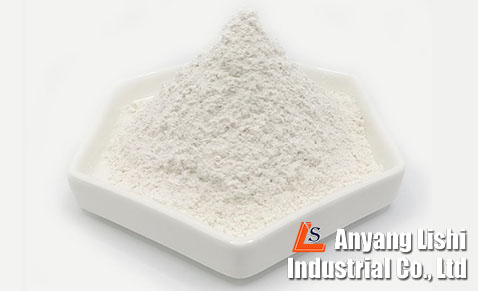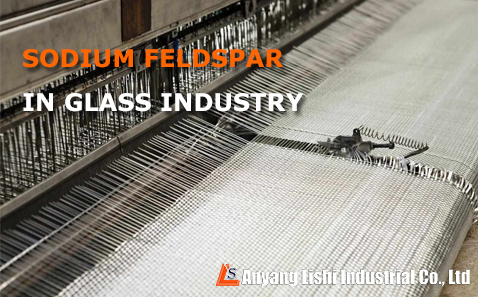
Glass fiber, a versatile material with applications ranging from construction to electronics, relies on several key components for its production. Among these, sodium feldspar stands out as a crucial ingredient, offering a host of advantages that contribute to the quality, efficiency, and cost-effectiveness of glass fiber manufacturing processes.
Sodium feldspar, also known as albite, possesses unique properties that make it an ideal choice for the glass fiber industry. One of its primary advantages lies in its composition, characterized by high levels of aluminum and sodium, and relatively low silicon content. This composition is especially well-suited for glass fiber production, as it helps in achieving desirable characteristics in the final product.

One notable property of sodium feldspar is its ability to withstand high temperatures without losing its integrity. This property is particularly important during the process of glass fiber production, where the raw materials undergo intense heating to form the fibers. Feldspar’s high aluminum and sodium content contribute to this thermal stability, ensuring that the fibers maintain their strength and structure even under extreme heat conditions.
Another significant advantage of sodium feldspar is its role in improving the melt characteristics of glass formulations. When added to the glass batch, feldspar acts as a flux, lowering the melting temperature of the mixture and promoting uniform melting. This not only facilitates the manufacturing process but also enhances the quality of the final product by reducing the likelihood of defects and inconsistencies.
Furthermore, sodium feldspar exhibits excellent fiber-forming properties, making it easier to process during the production of glass fibers. Its low tendency to break or fracture during the spinning process ensures a smoother and more efficient manufacturing operation. This results in higher yields and reduced downtime, translating into cost savings for glass fiber manufacturers.
Moreover, the inclusion of sodium feldspar in glass fiber formulations offers economic benefits by reducing overall production costs. Its availability and relatively low cost compared to other raw materials make it an attractive option for manufacturers looking to optimize their processes without compromising on quality. By utilizing sodium feldspar, companies can achieve cost efficiencies while maintaining the desired performance standards of their products.

In addition to its technical advantages, sodium feldspar also contributes to the sustainability of the glass fiber industry. As a naturally occurring mineral, feldspar is abundant and renewable, minimizing environmental impact compared to synthetic alternatives. Its use in glass fiber production supports the industry’s efforts towards sustainability by reducing reliance on finite resources and minimizing waste generation.
In conclusion, sodium feldspar plays a pivotal role in the glass fiber industry, offering a range of advantages that enhance the quality, efficiency, and sustainability of manufacturing processes. Its unique properties, including thermal stability, fluxing capabilities, and fiber-forming characteristics, make it an indispensable component in the production of high-quality glass fibers. By harnessing the benefits of sodium feldspar, manufacturers can achieve significant improvements in product performance and cost-effectiveness, driving innovation and growth in the glass fiber sector.

Whether you have questions or you would just like to say hello,Contact us!
Call Anytime:
+86 15837207537Send E-mail:
info@lsakminerals.comAddress:
Anyang City , Henan Province, China.